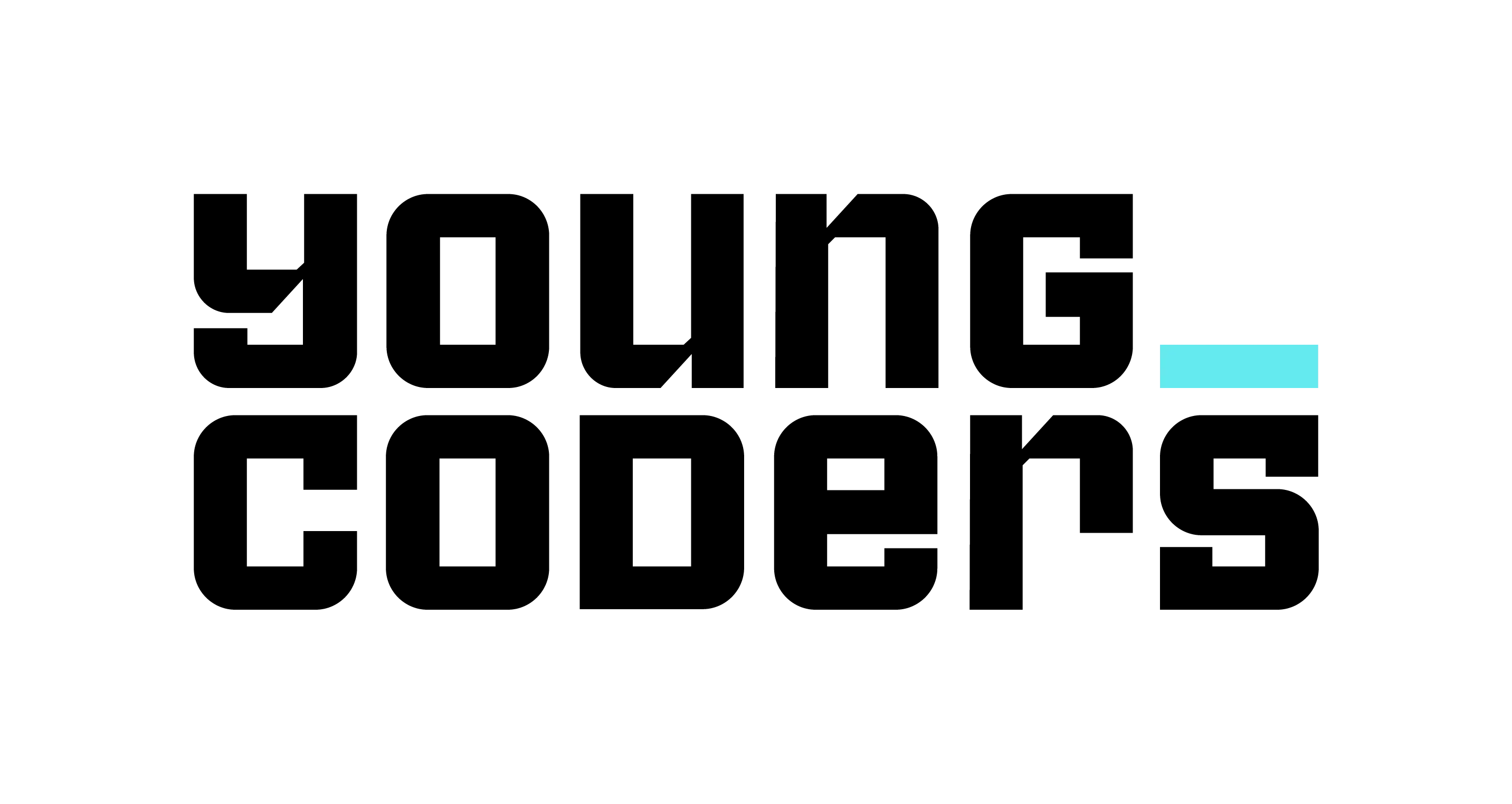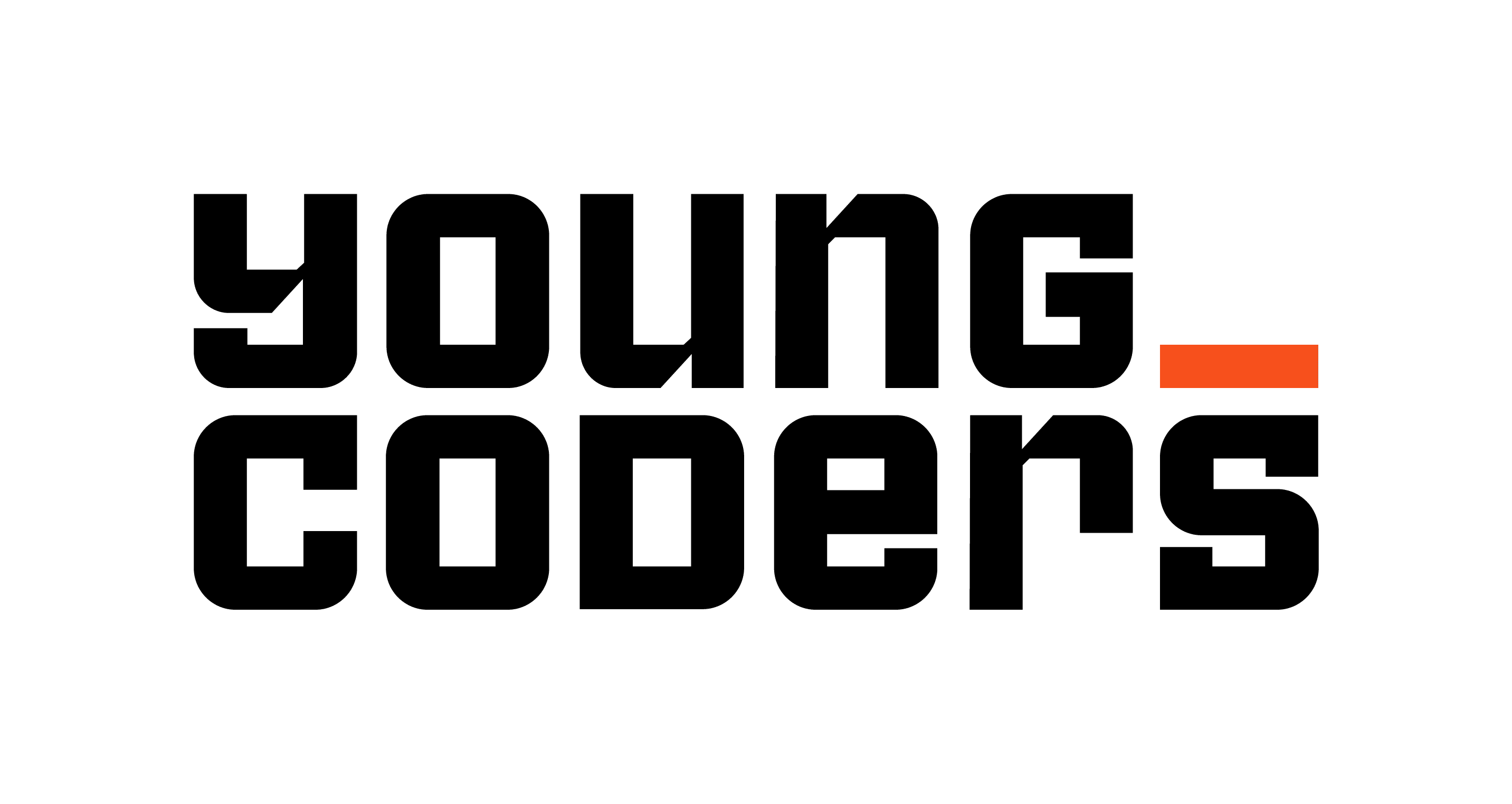Asking the wrong questions is one of three aspects that are fundamentally wrong about job interviews. These aspects are:
- Asking the wrong questions;
- The likeability aspect;
- Unconscious subjectivity.
In this blog we will look at these three aspects, after which we will discuss the way in which you actually can get the best hire.
1. You’re asking the wrong questions
‘Why do you like to work here?’ And more questions like that
First of all, do you really want to know this? It may be that this is very important to your organization, but in general, an applicant’s skills and work ethic are far more important than their motivations for working for your organization.
And if you’re really curious about the motivations, don’t expect to get a fair idea of them by asking this question.
Example: “Why would you like to work here?
Answer: ‘I have been following your company for a while now and I find the developments of late incredibly interesting. I was looking for a new challenge and saw the job posting come up. I look forward to making my contribution to the new direction of this organization.
Reality: I broke up with my previous employer in a not so pleasant way and am looking for something new. This job opportunity earns great money and seems nice and is close to home.
At most, you find out how good the applicant is at giving socially desirable answers.
Do you feel comfortable giving presentations?
By the way this question is asked, as an applicant you already sense that this competency is important. You want the job badly, but presenting is not your strong suit. In fact, you really suck at it! You don’t sleep at night and memorize every presentation text before getting in front of a group.
But if you give this as an answer, you can forget about this job. There is a temptation to present yourself better than you actually are. ‘Well, presenting is not my strong suit, but if I prepare a presentation well it often goes very well.’
Do you now have a good idea of the applicant’s presentation skills? No. Renowned psychologist and author Ron Friedman even states that 81% of job applicants do not tell the truth during the job interview.
Besides misleading (or misinterpreting) answers, there is a second drawback to the job interview: we hire people who look like us.
2. Likeability
Likeability, or: we hire people we like; who look like us. It is human nature to gravitate toward people who look like us and with whom we feel a connection. Does the applicant wear a shirt from your favorite band at the interview? Then (often unconsciously) this applicant gets an edge. Did you happen to go to the same vacation destination last summer and have a nice chat about it? That’s nice, but of course that says nothing about the applicant’s abilities.
But it goes beyond clothing choices and vacation destinations. If you are an extrovert who loves to talk, you are more likely to gather people around you who have those same traits. It will improve the Friday drink with the other colleagues, but are these traits on which you hire the applicant really important for the job? Rarely.
Before you know it, you’ll find yourself with a whole team of people who look like you. While more diverse teams are proven to work better than homogeneous teams. We previously wrote this article about that.
3. Unconscious subjectivity
A third aspect of job interviews that creates unfair candidate selection is the high degree of subjectivity. Does someone look handsome? Then the applicant is seen as more competent, the aforementioned Ron Friedman studied. Linking clothing taste or looks to competencies is of course nonsense, the fashion industry aside ;-). It happens unconsciously.
And so there are a number of other things that subconsciously influence your perception of a job applicant.
Tall people are seen as better leaders than short people. People with low voices are seen as having more integrity and being more trustworthy. Etc. This ensures that after a very “good” job interview, you can have a completely wrong impression of the applicant.
So, job applicants are mostly saying what you want to hear and you are (unconsciously) judging the applicant on the wrong characteristics. Should you then forget about job interviews altogether and hire candidates without speaking to them in real life? You can. You can perfectly well set up a hiring process where the interview is replaced by more objective and substantive selection methods. In addition, there are ways you can structure the job interview so that you get better information out of it.
MORE OBJECTIVE AND INFORMATIVE
So what is the “right information”? For the sake of simplicity, we will assume that you are looking for the candidate with a combination of the best competencies for the job and a personality that fits within your company culture and team.
Thus, the right information to hire the best candidate consists of:
- Information about the candidate’s competencies
- Information about the personality of the candidate
Competencies
As was shown earlier, competencies are difficult to ascertain by asking about them in person. A look at the resume then? That, too, yields little. It only shows what the applicant did before this, but not how good he or she was at this, what competencies he or she used for this and what the candidate excelled at. How can you figure out competencies though?
1. Testing. An objective way to find out competencies is by testing. For many types of competencies, you can purchase online and offline tests that allow you to find out and assess candidates’ competencies. One advantage of tests is that they often provide scores, which makes comparison between candidates very easy.
Example: Candidate 1 scores 60% and candidate 2 scores 80% on the abstract thinking competency. This is easy to compare with each other, unlike the answers during the interview, where both candidates indicate that they are “very good” at abstract thinking.
2. Practical assignment. A second method is to have students complete a practical assignment. Looking for a new content marketeer for your furniture store? Have the various candidates write a blog about the latest furniture trends. This way you can immediately see which candidate has the best pen and who is most up to date on the latest furniture trends.
3. Questions. Should these two methods – for whatever reason – not be feasible and the only method you use is the job interview, note the following when asking about competencies.
1. Prepare in advance a list of competencies that are important for the position. Then weigh the competencies by degree of importance. Ask all candidates the same questions about these competencies and analyze who scores best.
Example for the furniture store content marketeer:
| Competencies | Weighting | “Score” candidate 1 |
| Writing Skills | 0,5 | Talent, but little knowledge and experience |
| Communication skills | 0,10 | Highly communicative |
| Planning and organizing | 0,05 | Indicates good ability to plan |
| Knowledge of online marketing | 0,15 | Lots of experience in online marketing |
| Knowledge of the industry | 0,20 | No experience in the furniture industry yet |
Conclusion: We continue to search for a better candidate. The candidate fits very well in our team and is a friendly person. However, on the most important core competencies, the candidate scores low. We are looking for a candidate who scores higher on our key competencies.
In this way, you can set up, analyze and assess the job interview as objectively as possible.
2. Ask only about the candidate’s past experiences, not fictitious future situations.
So not, “Suppose you have to write a difficult text for us, how do you go about it?
But: ‘Can you tell us about a situation you have experienced in your work where you had to write a difficult text for a target group you did not know, how did you handle it? How was the text received? What would you have done differently in retrospect?
This way you steer as much as possible toward honest answers based on facts and not empathy.
Personality
In addition to core competencies for the position, personality is important. A person must not only be good at his or her job, but also fit into the team and work well within the organizational culture. However, that’s also where things often go wrong in classic job application processes. First of all, what is the organizational culture? Perhaps the logistics worker experiences a very different culture than the furniture salespeople on the store floor. So engage with those directly affected by the position and ask them about the company culture and key personality traits for the position. Or better yet, have them fill out a test to find out. Because – here it comes again – that is more objective and makes comparison easier. You can also have candidates take a test to find out what their work-related personality traits are. Compare these to the organizational profile to make a match on paper already.
If there is already a match between candidate and organization on paper, this increases the chances that there will also be a good match in practice. The job interview is then much less about finding out the personality, but more about the nuances in it and the relationship between character and work.
How to proceed
So, there are many reasons why classic job interviews get in the way of hiring the best candidate. Of course, you want to look a candidate in the eye and speak to them in real life before you decide whether to offer them a job. But don’t let the style of clothing, the way someone drinks their coffee, and the socially desirable answers continue to guide your hiring process.
Instead, design your hiring process to be as objective as possible, using tests that make assessing and comparing candidates more objective and better. If you are already conducting a job interview, make sure you do so in a structured way, with predetermined questions.
But we advise: just do away with the job interview. Make it an introductory meeting; to get to know each other and discuss the results of the objective selection process.
At Young_Coders, we place a tremendous amount of value on an objective and comprehensive selection process to arrive at the very best candidates, who we then put together in a complementary team that works like a well-oiled machine. Wondering how our teams can help your organization? Learn more about the impact of our teams.


